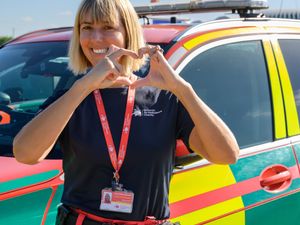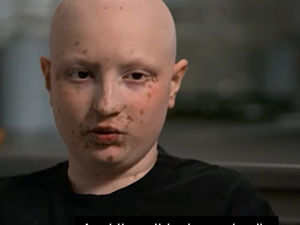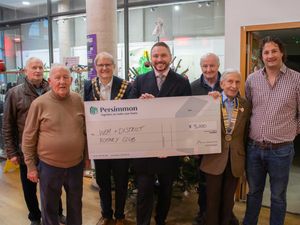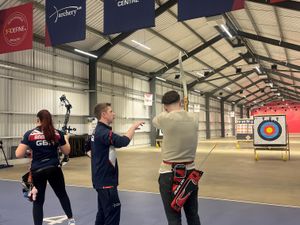College hosts their first Model United Nations Conference
Shropshire’s international school – which teaches students from around the world as well as local boys and girls – has hosted its first Model United Nations conference.
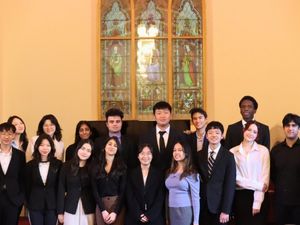
Concord College invited students from five other schools, making up 12 delegations, to the conference at their Acton Burnell-based campus to debate a range of different issues.
The visitors were from Shrewsbury School, Ellesmere College, Oswestry School, d’Overbroeks Oxford and King’s School Chester and the issues ranged from the hotly-contested nuances of regulating artificial intelligence to the Cuban Missile Crisis.
“Concordians come from all around the world to study in Shropshire and it is therefore no surprise that there is a long history of interest in international relations and world affairs,” said Dr Rob Pugh, Concord Vice-Principal Academic.
English teacher Luke Bowen, who has been supporting the students in developing MUN at Concord College, was delighted with the first external conference.
He spoke of ‘extremely competitive performances’ by the attending delegations and described the quality of debate as ‘remarkably high’.
“We were lucky to host eager and determined delegates, some of whom had travelled rather far to join us for this half day. Despite the competitive nature of the event, an underlying spirit of co-operation was plain to see.”
Concord 6.1 student Muhammad Sohaib,17, from Shrewsbury and a committee chair, said interacting with delegates from nearby schools as well as those from farther afield had brought a diverse range of perspectives to the table.
“It was a pleasure to facilitate diplomatic dialogue and foster connections that transcended boundaries that made the experience both fulfilling and enjoyable.”
A highlight of the conference was a special message from a Concord alumnus Dr Marty Natalegawa, a former Indonesia foreign minister who has gone on to make his mark in world diplomacy.
He said many of the problems, challenges and opportunities lying ahead were transitional and transboundary in nature requiring co-operative partnership.
“Therefore, as you begin your respective roles as representatives of different countries, different nations, I hope you have that uppermost in your mind, how you cannot simply promote your country’s national interest, but also in doing so, be constantly looking for convergences, for consensus to be built, for bridges to be promoted.
“Ours is a world that requires greater co-operation and not more divisions between states.”
By Peter Love - Contributor


